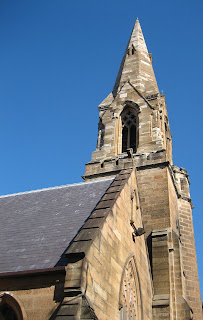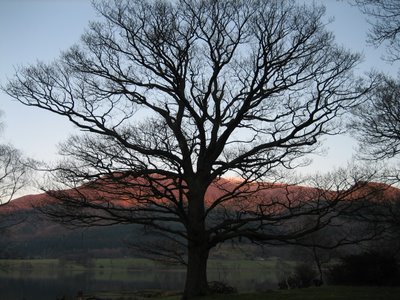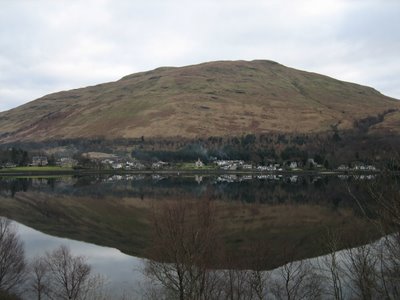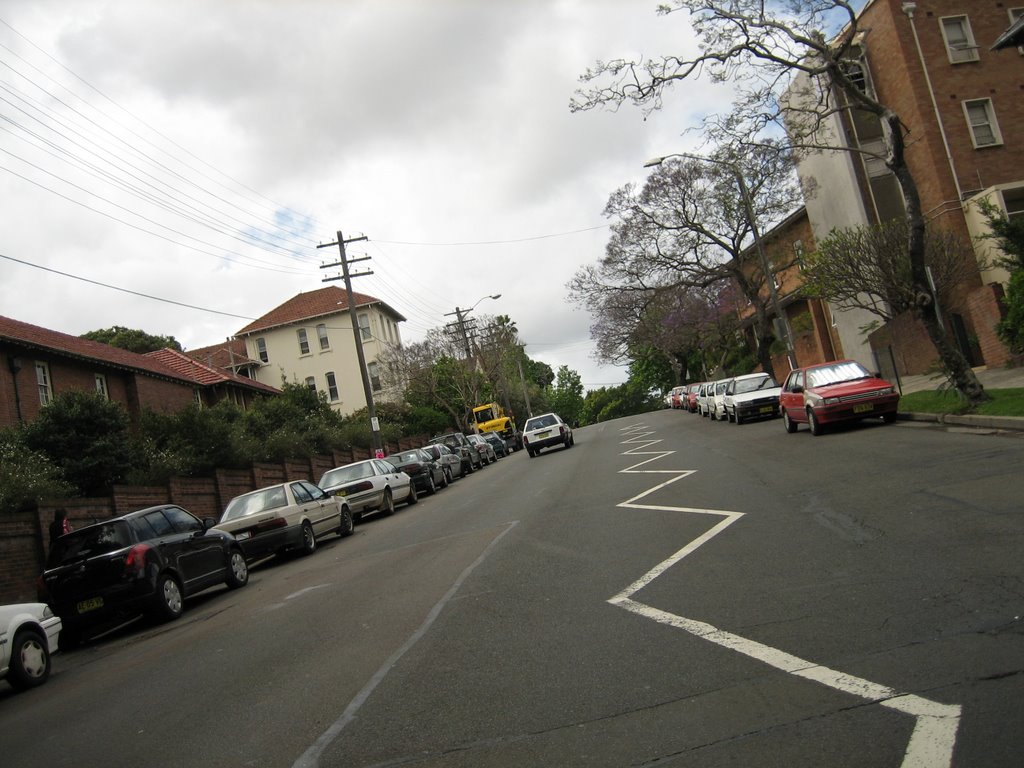Test tube hamburgers, and other stories
Air Con: As the world warms, we'll just crank up the air con, right? Wrong. Since 1987, new air conditioners are no longer a threat to stratospheric ozone, but the replacement for ozone-destroying CFCs have been a range of climate-disrupting alternatives, each far worse than CO2 molecule for molecule: "The leading scientists in the field have just calculated that if all the equipment entering the world market uses the newest gases currently employed in air-conditioners, up to 27 percent of all global warming will be attributable to those gases by 2050."
Land grab: An area of agricultural land larger than Texas in developing nations (80% in Africa) has been bought up by foreign governments and corporations over the last few years, according to a new study from the Worldwatch Institute. Some of this has been European corporations keen to make a profit from biofuels regulations, some has been from large nations with serious and growing domestic food security issues, such as China and Saudi Arabia.
Flatter highlands: At least in biodiversity terms. Climate change is flattening the biodiversity found in the Scottish highlands.
China: The fastest growing economy in the history of humanity is not making a happy nation.
House sizes: Australians have some of the largest houses per occupant in the world. This is a significant part of the reason why we have the highest per capita carbon footprint in the OECD.* Large houses not only require more energy-intensive building materials (concrete and steel are both associated with very high emissions), but - all other things being equal - have larger energy needs than smaller dwellings. It doesn't help that we have one of the most coal-reliant electricity systems in the world.
*And that's even before we consider our imported manufactured goods or our exported coal. We export more coal than any other nation.
Solved: Four significant ecological issues have been adequately addressed since 1992. Only another eighty-six to go.
Fracking: the real danger. I wholeheartedly agree and am glad to finally see someone in the mainstream press pick up on this. There are all kinds of legitimate questions about the safety of fracking shale for non-conventional gas, but the biggest one is most rarely addressed, namely, tapping into this resource massive expands the available pool of fossil carbon we will be moving from safely underground and into the active carbon cycle where it can mess with ocean pH and the climate.
Endangered species: The International Union for Conservation of Nature's (IUCN) Red List is widely regarded as the most authoritative attempt to account for the level of extinction threat faced by the world's species. Species are categorised according to the degree of severity - Least Concern, Vulnerable, Endangered, Critically Endangered, Extinct - yet of all the world's species, the IUCN estimates it has only assessed 4% so far. Of the dangers faced by the other 96% we have as yet little clear idea.


























